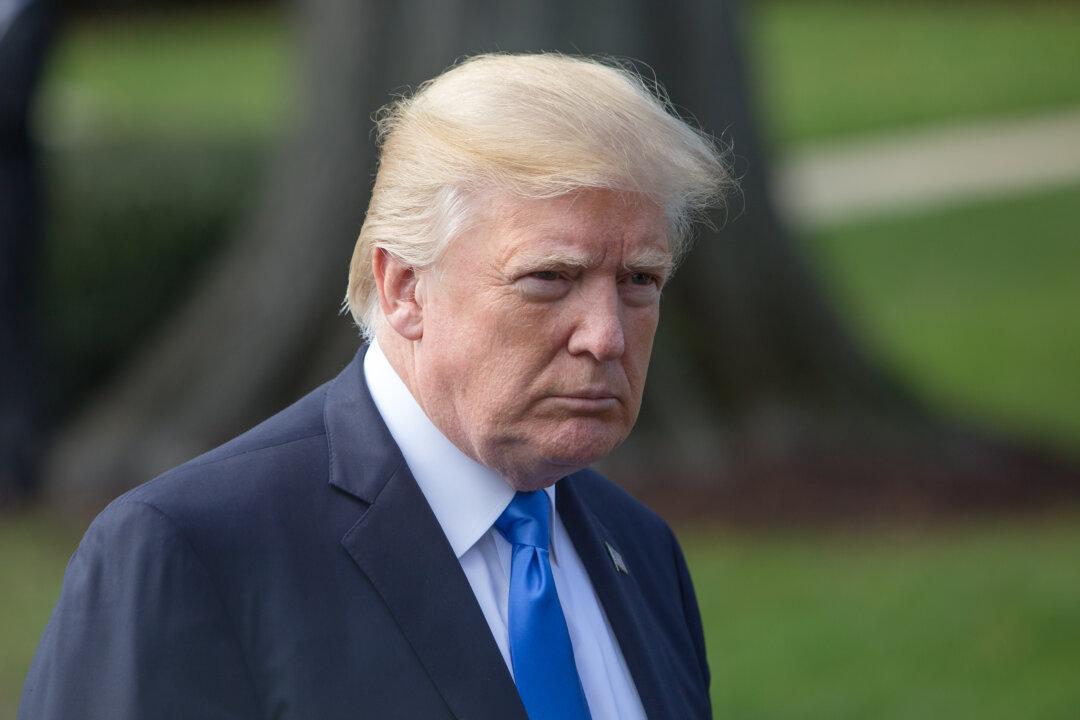President Donald Trump spoke out forcefully against a terror attack on a Mosque in Egypt on Friday.
At least 230 people were killed when terrorists detonated a bomb and gunned down worshippers in the North Sinai region.


President Donald Trump spoke out forcefully against a terror attack on a Mosque in Egypt on Friday.
At least 230 people were killed when terrorists detonated a bomb and gunned down worshippers in the North Sinai region.